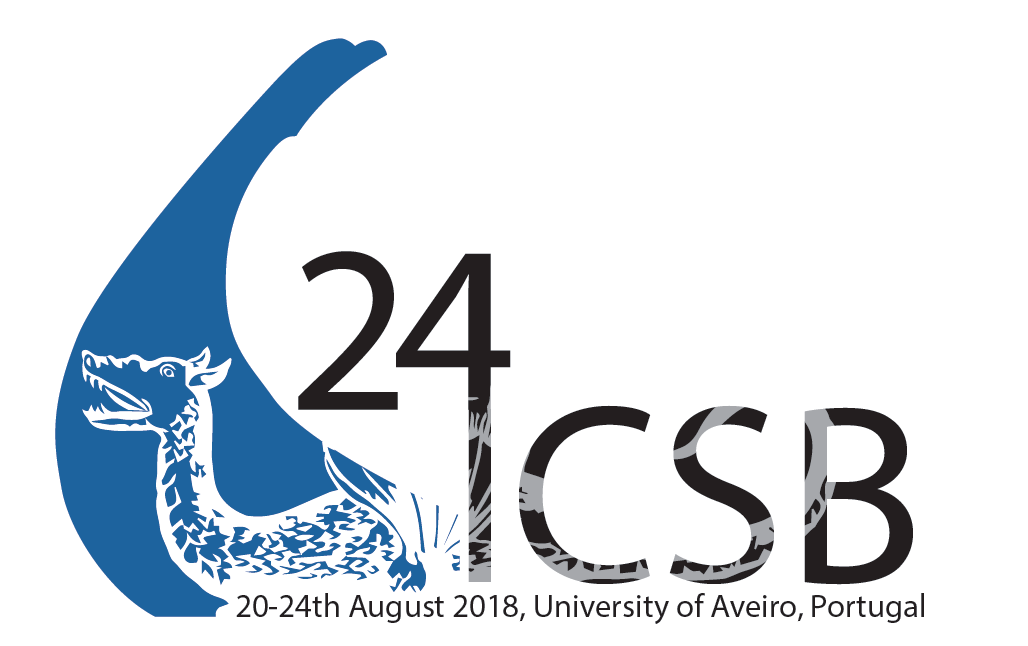Riverbed colmation, its effects on stream ecology and restauration and the legal background
Outline: Although great efforts are being made in Europe to restore natural waters, they often miss the so-called “good ecological stage”. The good ecological stage is required for most water courses by the European Water Framework Directive (WFD) until 2027. This is probably mainly the result of the erosion of fine sediments from the catchment due to intensive land use: fine sediments clog the interstices of the hyporheic zone – a dynamic process called colmation. Colmation is a comprehensive phenomenon and probably one of the most severe problems for the implementation of the WFD and stream ecology. It leads to the reduction of hyporheic water fluxes, the impoverishment of both macro- and meiofauna and, finally, to the loss of self-purification. Based on macrozoobenthos AQEM assessment, those impoverished streams are classified as generally degraded. However, the correlations between general degradation, colmation and other stressors are not yet investigated, and little is known about the ecosystem response to colmation.
Colmation is both a challenge for the catchment management and a question of ecologial stream assessment. Thus, consideration of colmation is a basic requirement for a successful and sustainable stream policy. Despite its importance, colmation is a widely unknown phenomenon in many administrations and political bodies, and even most limnologists and water administrations are not familiar with colmation. As a result, colmation is not considered in EU – neither by the WFD nor by any other national laws.
Outcome of the workshop: Presently, the revision of the WFD is being discussed, this gives rise to the opportunity to explain colmation as an ecological phenomenon and as an environmental problem and to consider it in the quality objectives in the future. As a very first step, we like to discuss the ecological background of colmation, the idea of regional references and assessment, and the political consequences. It is designed to stimulate a sustainable discussion on colmation and catchment management.
Organizers: Hans Jürgen Hahn, Institute for Groundwater Ecology IGE GmbH, University of Koblenz-Landau, Campus Landau, Fortstr. 7, D-76829 Landau, Rheinland-Pfalz; and Thomas Zumbroich, Planungsbüro Zumbroich & University of Bonn, Breite Straße 21, D-53111 Bonn, Germany. Email: hjhahn@groundwaterecology.de
